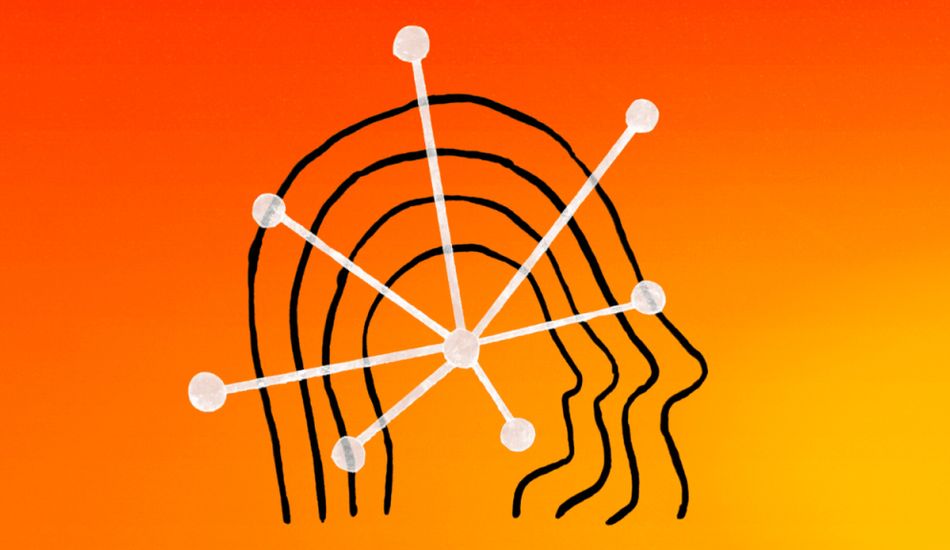
Anthropic's DMCA Takedown Notice Triggers Developer Discord
The landscape of AI-powered coding tools is becoming increasingly competitive, with companies like Anthropic and OpenAI vying for developer attention. However, recent actions by Anthropic regarding its Claude Code tool have sparked controversy within the developer community.
At the heart of the issue is a takedown notice issued by Anthropic to a developer who attempted to reverse-engineer Claude Code. This move stands in stark contrast to OpenAI's approach with its Codex CLI, which is released under a more permissive license.
Licensing Differences Spark Debate
Both Claude Code and Codex CLI aim to assist developers by leveraging cloud-based AI models for coding tasks. However, a critical difference lies in their licensing. Codex CLI is distributed under the Apache 2.0 license, allowing for both distribution and commercial use. Claude Code, on the other hand, is governed by Anthropic's commercial license, which imposes limitations on modification without explicit permission.
Furthermore, Anthropic reportedly obfuscated the source code for Claude Code, making it difficult to access and modify. When a developer managed to de-obfuscate the code and share it on GitHub, Anthropic responded with a DMCA complaint, requesting its removal. This action drew criticism from developers who viewed it unfavorably compared to OpenAI's open approach with Codex CLI.
OpenAI's Approach Garners Praise
Since its release, OpenAI has actively incorporated developer suggestions into Codex CLI's codebase, even allowing it to tap into AI models from competing providers, including Anthropic. This collaborative approach has fostered goodwill within the developer community.
While Anthropic has yet to comment on the situation, it's worth noting that Claude Code is still in beta and may undergo changes in the future. Companies often have legitimate reasons for obfuscating code, such as security concerns.
In a surprising turn of events, OpenAI seems to be gaining a PR advantage, despite its recent shift towards more proprietary products. This incident may reflect a broader change in the company's philosophy, as CEO Sam Altman has previously expressed regret over being on the "wrong side of history" regarding open source.
Source: TechCrunch